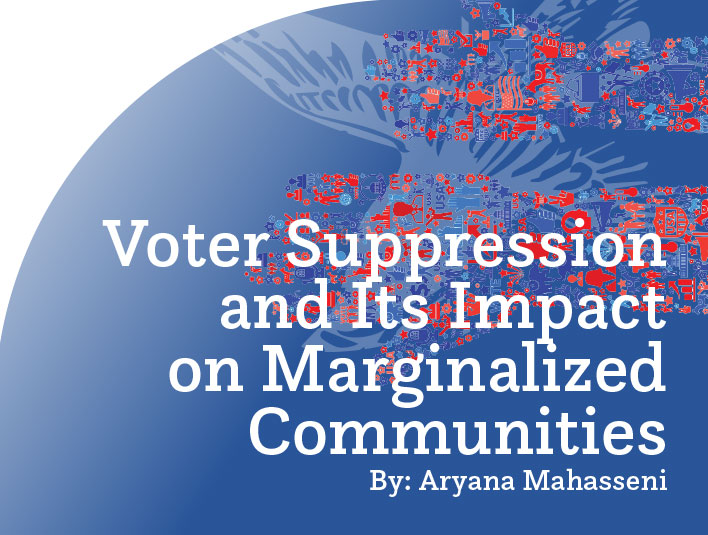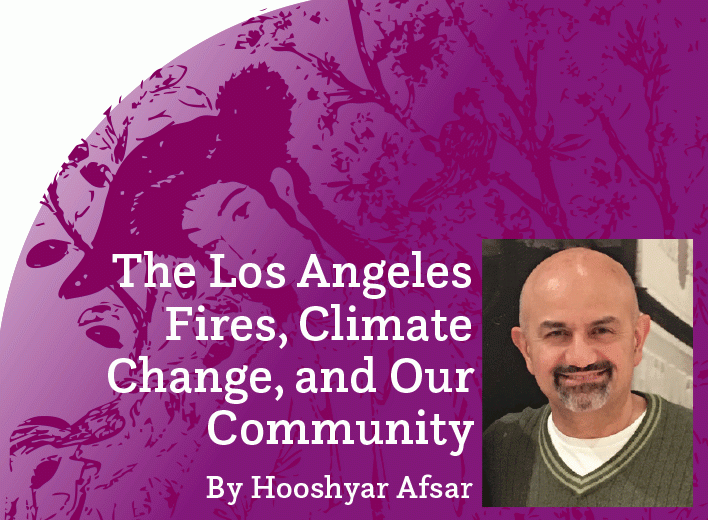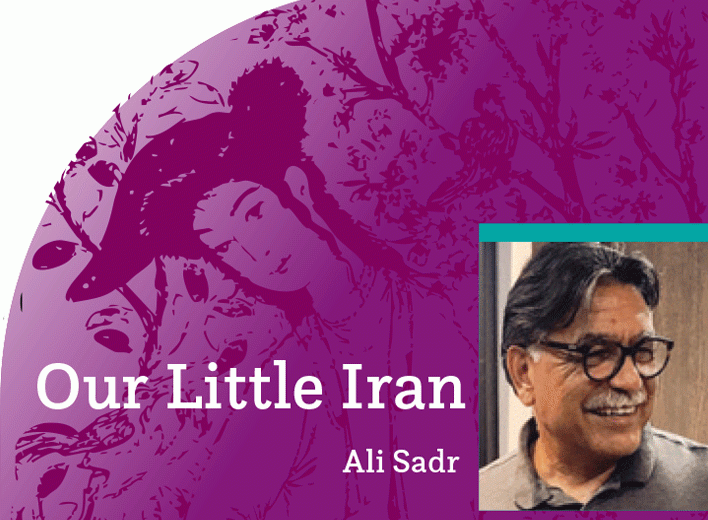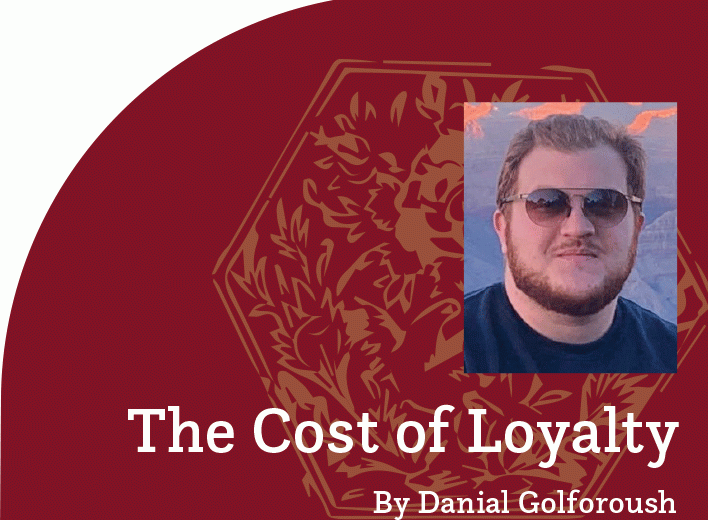Voter Suppression and Its Impact on Marginalized Communities
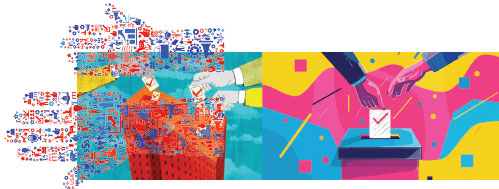
 By: Aryana Mahasseni
By: Aryana Mahasseni
Voter suppression is a pressing challenge that threatens the integrity of democracy, particularly for marginalized communities. It disproportionately impacts people of color, low-income individuals, and those with disabilities, creating barriers that prevent them from exercising their fundamental right to vote. These obstacles not only silence their voices, but also undermine the democratic process as a whole. To create a truly inclusive and equitable electoral system, people must understand the tactics of voter suppression and their far-reaching effects. Only by addressing these issues can we ensure that every citizen’s voice is heard and valued in our democracy.
How Voter Suppression Works
Voter suppression can take on many forms:
Strict ID Laws: Some states require voters to show specific forms of identification, which can create obstacles for many. According to the Brennan Center for Justice, strict voter ID laws can disproportionately impact Black and Hispanic voters. Shockingly, up to 25% of eligible voters in these groups don’t have the required IDs. A spokesperson for the Brennan Center put it well: “These laws create unnecessary obstacles for voters who already face significant barriers.”
Limited Access to Polling Locations: Reducing the number of polling places in certain neighborhoods leads to long lines and frustrating wait times. The U.S. Government Accountability Office found that voters in areas with fewer polling places can wait up to 45 minutes longer than those in better-served areas. The GAO adds that, “Disparities in polling place accessibility have a direct impact on voter turnout.”
Voter Roll Purges: States often purge voter rolls, but these purges can mistakenly remove eligible voters, especially from minority groups. The U.S. Commission on Civil Rights highlights how these practices can lack transparency and disproportionately affect communities of color. As they point out, “These practices erode public trust in the electoral process.”
Misinformation Campaigns: Spreading false information about voting requirements can confuse and discourage people. A recent study found that misinformation aims at minority communities leading to lower voter turnout, particularly among younger voters. The Pew Research Center states, “Misinformation can deter participation and undermine the integrity of elections.”
The Unique Challenges Faced by Marginalized Communities
For marginalized communities, obstacles to voting extend beyond mere suppression tactics. Many individuals from these groups often lack access to vital information about their voting rights and procedures, leading to disparities in voter participation. Limited educational resources further exacerbate these challenges, leaving potential voters unaware of their rights.
Moreover, systemic inequalities in education, income, and healthcare only worsen the challenges marginalized communities face. Voter suppression adds to these disadvantages by creating even more obstacles to political participation, further silencing these communities in the democratic process. As the NAACP emphasizes, “These systemic issues require urgent attention to ensure equal access to the ballot box,” since historically marginalized groups often encounter significant barriers to voting. Without their voices being heard, the policies and legislation that impact their lives continue to be shaped without their input, perpetuating a cycle of exclusion.
Why Awareness Matters
Community involvement and education can be powerful tools in fighting these tactics. When people understand the methods being used to limit their participation, they can better stand up for their rights. Public health campaigns can also help by informing people about their voting rights and motivating them to take part in the electoral process.
Taking Action Against Voter Suppression
So, what can we do to fight back against voter suppression? Here are a few steps:
Educate Yourself and Others: Sharing information about voting rights and the importance of participating in elections can make a real difference. Knowledge is power!
Support Organizations Fighting for Voter Rights: Many organizations are dedicated to protection of voting rights. By donating your time or resources to groups like the ACLU or the NAACP, you can contribute to meaningful change. The ACLU has said it best: “Our democracy thrives when everyone can participate.”
Advocate for Fair Voting Laws: Reach out to your local representatives to express support for policies that promote fair and accessible voting. Grassroots movements advocate for changes in voting laws, proving that collective action can lead to real results. As a representative from Vote.org noted, “Every voice matters in shaping our electoral system.”
Encourage Voting: Make a plan to vote and inspire your friends and family to do the same. Every vote counts!
Conclusion
Voter suppression is not just a political issue; it directly impacts marginalized communities. So, it is critical to understand these effects and spread awareness. Together, we can ensure that everyone has a voice in our democracy. Remember, your vote represents your power—let’s work to make sure everyone gets to use it!
Aryana Mahasseni is a high school student passionate about social justice, environmental issues, and exploring different cultures. Alongside her writing, she enjoys playing guitar and songwriting, often finding inspiration in her experiences. Aryana also cherishes spending time with friends and family and aims to use storytelling as a tool for advocacy, to inspire change, and to strengthen community bonds. Aryana is an ISSD graduate.
References:
American Civil Liberties Union. Voter Rights and Advocacy. ACLU, 2023.
Brennan Center for Justice. Voter ID Laws and Their Impact on Voter Turnout. Brennan Center for Justice, 2023, www.brennancenter.org.
NAACP. Voting Rights: Historical Perspectives and Current Challenges. NAACP, 2023, www.naacp.org.
Pew Research Center. Misinformation and Its Effects on Voting Behavior. Pew Research Center, 2023, www.pewresearch.org.
Prakash, Asha A. “Making Voter Suppression Public.” UCLA Fielding School of Public Health, 2024, ph.ucla.edu/news-events/ucla-fsph-public-health-magazine/our-path-forward.
United States Commission on Civil Rights. The Impact of Voter Roll Purges on Minority Voters. USCCR, 2021, www.usccr.gov.
United States, Congress. The Constitution of the United States, Amendment XV, Section 1. Legal Information Institute, Cornell Law School, www.law.cornell.edu/constitution.
United States Government Accountability Office. The Effect of Polling Place Accessibility on Voter Turnout. GAO, 2022, www.gao.gov.
Vote.org. Grassroots Movements and Voting Laws. Vote.org, 2023, www.vote.org.

